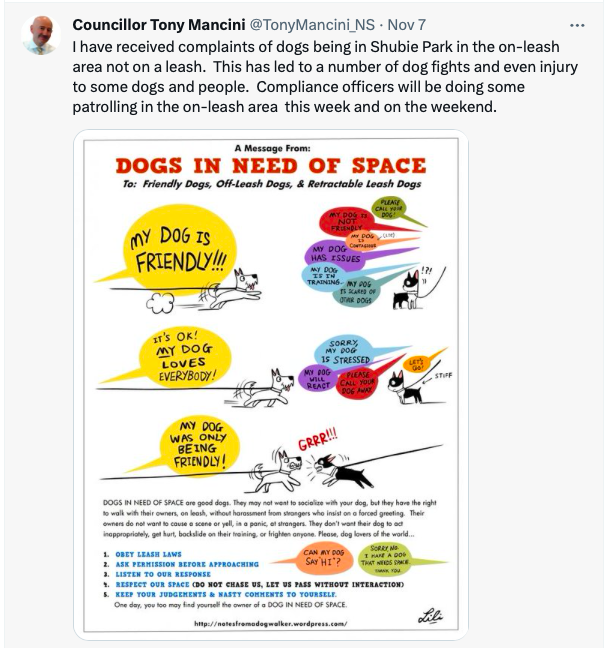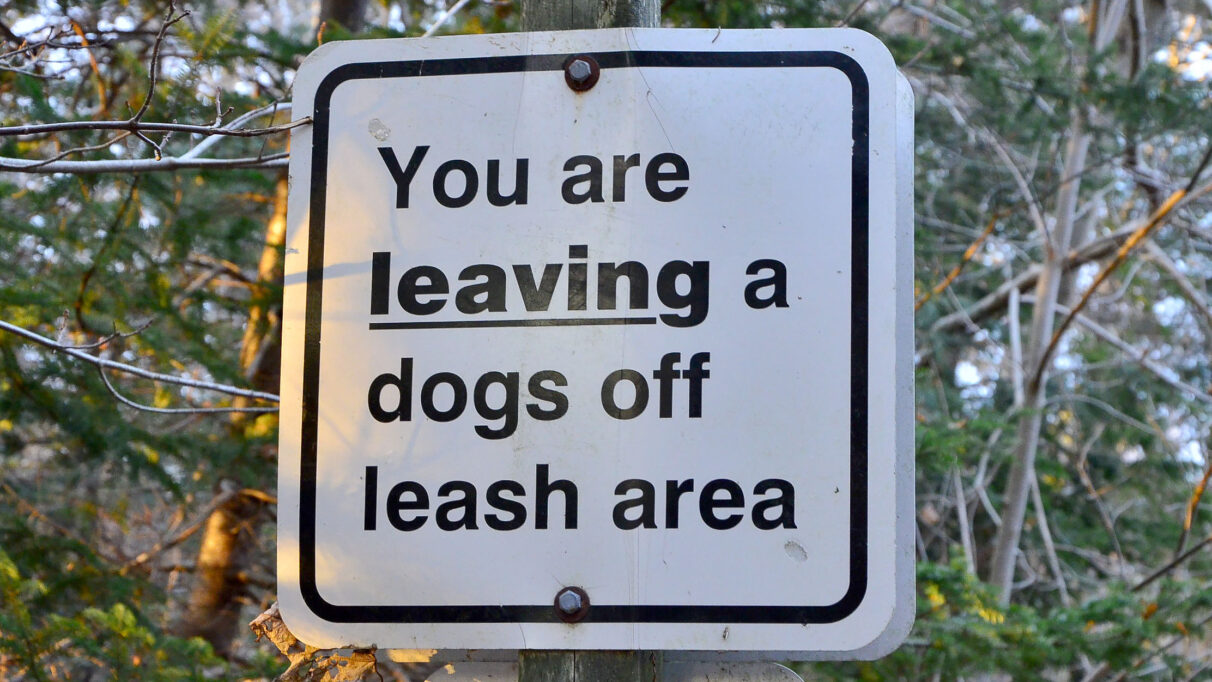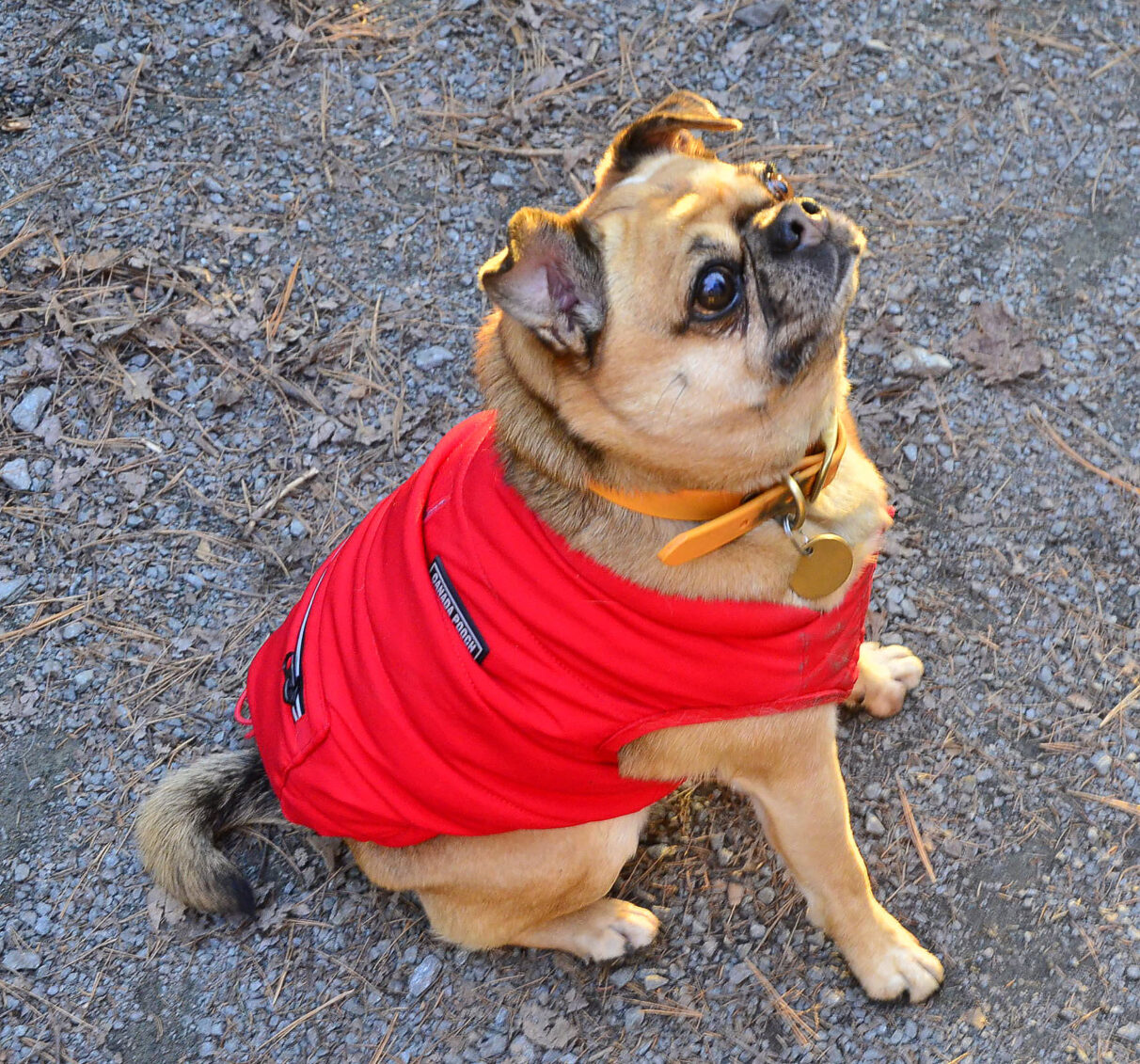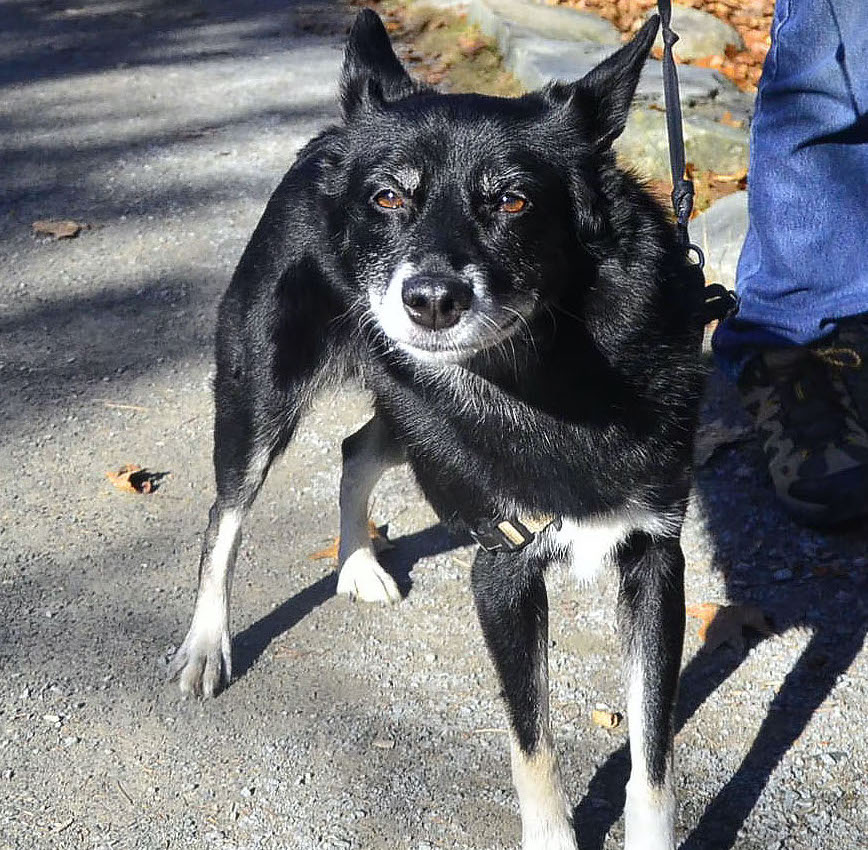Unleashed dogs in Shubie Park draw complaints
Councillor says dog fights, particularly in on-leash areas of the park, are causing problems

caption
Sara Jerrett likes to walk her dog Ruby in the off-leash part of Shubie.District 6 Coun. Tony Mancini says people letting dogs off their leash in the on-leash section of Dartmouth’s Shubie Park has resulted in complaints and safety concerns.
“We’ve had some incidents where the dogs fight, where dogs have been injured. We’ve even had incidents where people have been injured because they’re trying to break up the dog fights. And so that is a concern,” said Mancini.
Mancini posted on X (formerly Twitter) on Nov. 7 that he had received complaints from Shubie Park visitors about dog fights, which is a safety concern for both dogs and people.

caption
Coun. Tony Mancini said that he would like to start with education as a first step to teaching people why disobeying park rules can be dangerous.Sara Jerrett walks her dog Ruby specifically in the off-leash section of the park. Being off-leash is “the only way for her to use enough energy,” said Jerrett.
She said she is concerned about the mention of people abusing the on-leash section.
“That is a reason that you should keep your dogs either off-leash in the off-leash part or on-leash in the on-leash part, otherwise we might get our privileges taken away,” said Jerrett.
While that is not the goal for now, Mancini says it could get to a more serious point.
“So, we’ve increased the enforcement recently. And the first approach has been education, so our enforcement, our bylaw folks have been out and just talking to people. Now we’re looking at let’s come back with some more enforcement and see if the behaviour hasn’t changed, and then it may be a situation where they’ll be putting out tickets,” said Mancini.
According to the Respecting Animals and Responsible Pet Ownership bylaw document, fine amounts can range from $200, up to a maximum of $5,000.

caption
Signs around the park indicate the rules about leashing dogs.Rick Daw now walks his dog, Remmy, in the on-leash section after she was attacked in the off-leash section. He likes to keep Remmy on a leash due to worries that she might run off.
“I had her in the off-leash, where you’re supposed to let them run free and she got attacked by a dog off-leash,” said Daw.
He said that a woman was coming along with two dogs off their leashes. The first dog was not a concern, but the second dog ended up flying into Remmy. Daw was upset, but was lost and needed to ask the woman for directions, so did not push the issue further.
He has not returned to the off-leash section since and had been hesitant about having Remmy around dogs after the incident but “she seems OK.”
While attacks have been reported in both sections of the park, the main concern seems to be about the temperament of the dogs.

caption
Frank posed to get his photo taken in the off-leash section of the park.
caption
Remmy had a bad experience in the off-leash section but is back at the park in the on-leash section.Kara Wittmann walks her dog Kiddo at Shubie often and while she hasn’t experienced an issue, she does worry about some owners’ ability to control their dogs.
“I’ve heard a lot of stories about it. … There’s definitely been attacks and just people not being able to control their dogs when they should be,” said Wittmann.
Mancini echoed this and said it is not the fault of the dogs, but of the owners.
“When you have a dog that’s on-leash and another dog that’s off-leash it’s a recipe for some challenges. People will say, ‘Oh, my dog’s friendly,’ yeah, but the dog that’s on-leash may not be friendly. So, it can be problematic,” said Mancini.
Mancini urged residents to follow the rules so that more enforcement isn’t necessary.
About the author
Hannah Veinot
Hannah is a fourth-year journalism student from Dartmouth. She enjoys storytelling and getting to meet interesting people.
